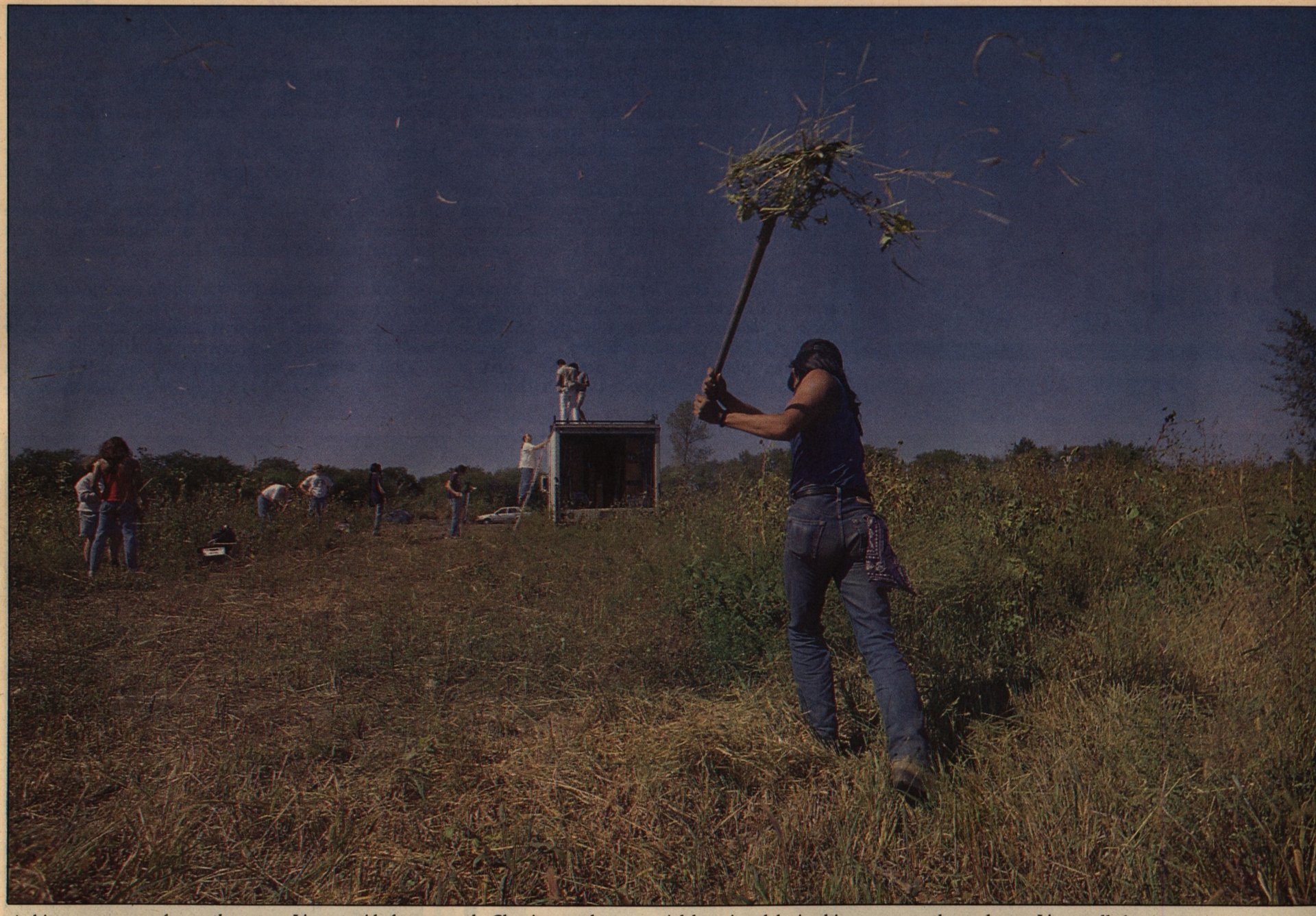
Frequently Asked Questions
Find answers to common questions about our services and how we can assist you effectively.
Q: What makes Obstacle Learning™ different from other video courses?
A: Most courses dump information and hope you figure it out. Obstacle Learning™ is guided problem-solving for your actual projects. I created this method teaching international film workshops - my students won awards at festivals competing directly against film school graduates. The difference wasn't more education, it was focused mentorship on real creative challenges. Festival directors don't ask for your diploma - they ask if your work is good enough for their audience.
Q: I feel intimidated by technical training. Is this too advanced for me?
A: That intimidation isn't about your intelligence - it's about mismatched teaching styles. For years, I couldn't understand video equipment connections until one teacher said: "Think of it like water pipes - you connect the flow with cables going downstream." Instantly, I got it. Not because I was suddenly smarter, but because someone explained it in a way that matched how my mind works. Obstacle Learning™ helps you discover how you actually learn, then every future challenge becomes easier.
Q: If traditional courses don't work, why are you offering programs?
A: These aren't traditional courses - they're guided apprenticeships. Traditional courses: information dump → practice exercises → hope it transfers to your problems. What I offer: your real project → encounter obstacles → get targeted guidance → complete something that matters. It's mentorship when you need it, not coursework you may never use. I'm not trying to teach you everything I know - I'm guiding you through obstacles you actually face.
Q: I'm over 40 and new to this. Should I expect to start over completely?
A: You're not new to problem-solving - you're just applying familiar skills to unfamiliar territory. If you're over 40, you've rebuilt business strategies, changed approaches when improvement wasn't enough, made hard choices about starting over. That wisdom applies perfectly here. You already know how to assess what's broken and when to rebuild vs. improve. Now apply that same clear-eyed judgment to content creation.
Q: What if I just can't figure out the technical stuff?
A: I spent countless nights until 3am in dark editing rooms, hunting for a single function button. It took me five years to complete my first film because I had to figure everything out alone. You CAN master this completely on your own - I did. But it's a lot of "alone time" and takes some fortitude. If you're stubborn and passionate about your project, yes, but if you don't want to go through all that there is our alternative.
Q: Won't I learn faster just watching tutorials?
A: Sure, you might get just what you need, but finding the right one is the catch - you spend a lot of time searching for the "right" video for every new challenge. Generic tutorials teach broad concepts that don't always solve your specific problems. Obstacle Learning™ teaches you to trust your natural problem-solving abilities, and through apprenticeship get direct answers right away.
Q: Do I need expensive equipment to get professional results?
A: I made my Sundance film for $500 with gear you can buy secondhand today. Most "equipment problems" are actually confidence problems. You need adequate gear and the confidence to use it well, not perfect gear you're afraid to touch. I'll show you exactly what you actually need vs. what sponsors want to sell. I will only recommend equipment I have used or tested.
Q: What if my project needs to be completely rebuilt?
A: Sometimes polish isn't enough - sometimes you need reconstruction from the foundation. If you're over 40, you've learned this lesson in business and life. You know the difference between improvement and rebuilding. The same wisdom applies to content creation. I won't lie to you - breakthrough results sometimes require tearing apart work you thought was finished. But I'll guide you through rebuilding it right and when it's done, well, seeing what you thought was good as actually good is satisfying in ways you wouldn't believe.
Q: How is this different from just figuring it out myself?
A: You can figure everything out alone - I did. But there's a difference between productive struggle (which teaches you) and unnecessary suffering (which just wastes time). Productive struggle: wrestling with how to make your story clearer. Unnecessary suffering: spending three hours looking for a button someone could show you in 30 seconds. My role: help you struggle productively without suffering unnecessarily.
Q: Will this work if I don't have a film background?
A: Any creative background is helpful, but it's really about the desire and passion of one project. Do you have an old video you want to update and renew? Do you have photos from when you were a child that you want to convert into moving video to share with friends? Do you just have something you got to say? If you have a desire to create something, that's all you need to start.
Here's a better question: do you know how to fix things when they break? Have you solved problems at work or home? Then you already have the skills - you just need to apply them to creative challenges. Problem-solving is problem-solving.
Get My Free Video Fix Blueprint
Transform any content using the obstacle learning method
Create
Don't try - Do
admin@temperedworks.com
© 2025. All rights reserved.
